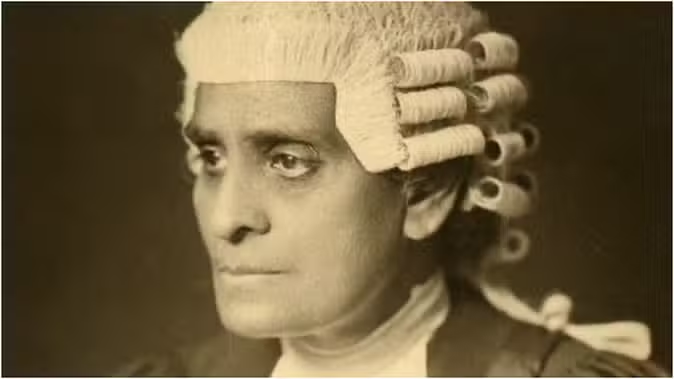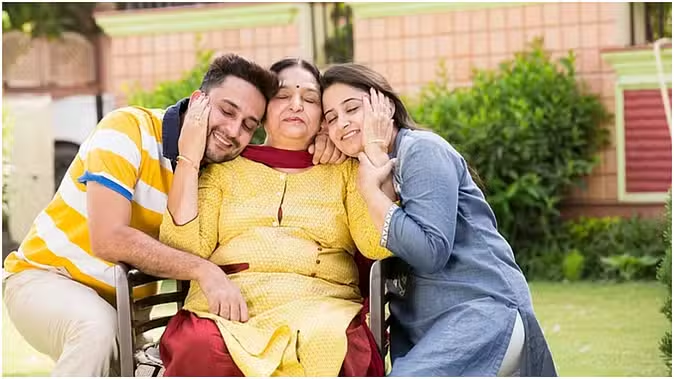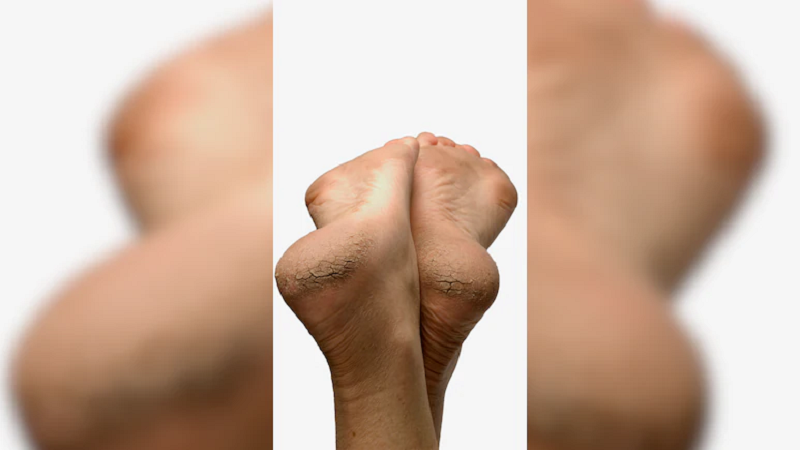Indian Advocate Day is being celebrated today. On this occasion, Sorabji, the country's first female advocate, should be mentioned. Sorabji was the first woman to practice law in India and Britain. Cornelia Sorabji was born in November 1866 in Nashik. India was then under British rule. Her parents were Parsis but later they converted to Christianity. He was influenced by the British Raj and felt that the path to success for his children would go through England.

Historical achievement in the name of Sorabji
Cornelia was good at studies and then she became the first woman to get admission to Bombay University. She also got a scholarship to pursue further studies in Britain. She was the first Indian to study at any British university. Sorabji became the first woman to study law at Oxford University but in the final examination, she was not allowed to sit with men and take the exam. She appealed against it. Eventually, just moments before the exam, the university changed its rules and allowed her to appear for the exam. Thus, in 1892, she became the first woman in Britain to be allowed to sit for the Bachelor of Civil Law exam.
Commendable work for women
On returning to India in 1894, Sorabji began working as a social advisor on behalf of veiled women. At that time, women were forbidden from communicating with the outside male world, but even then Indian women had a lot of property, but they did not have access to the necessary legal expertise to protect them. The reason was the absence of any female advocate. Sorabji was given special permission to make requests on behalf of veiled women to the British agents of the rulers of Kathiawar and Indore.
Story of struggle to success
Sorabji presented herself for the LLB examination of Bombay University in 1897 and appeared for the Allahabad High Court Advocate's examination in 1899. Yet despite her successes, no woman could practice law as an advocate until Sorabji was recognized as a barrister.
Faced male bias and discrimination
In 1924, the legal profession was opened to women in India, but Sorabji began practicing in Kolkata. However, due to male bias and discrimination, she was restricted to preparing opinions on cases rather than appearing before the court. As early as 1902, Sorabji began petitioning the India Office to provide a female legal advisor to represent women and minors in provincial courts.
Appointment as Lady Assistant in the Court of Wards
In 1904, Lady Assistants were appointed to the Court of Wards in Bengal, and in 1907, due to the need for such representation, Sorabji was working in the provinces of Bengal, Bihar, Orissa, and Assam. Over the next 20 years of service, it is estimated that Sorabji helped more than 600 women and orphans fight legal battles, sometimes without charging any fee.
After a long struggle, the law barring women from practicing law was relaxed in 1924 and the profession was opened for them. In 1929, Cornelia retired as a senior advocate of the High Court. But by then women had become so awakened that they began to raise their voices by adopting law as a profession.
Sorabji settled in London
Sorabji retired from the High Court and settled in London. She used to visit India during the winter. She died on 6 July 1954 at her London home in Northumberland House on Green Lanes in Manor House, London. Even today her name is the foundation of women in a complex and prestigious profession like law. In her honor, in 2012, her statue was unveiled by the British government in Lincoln's Inn, London.
(PC: Instagram)










